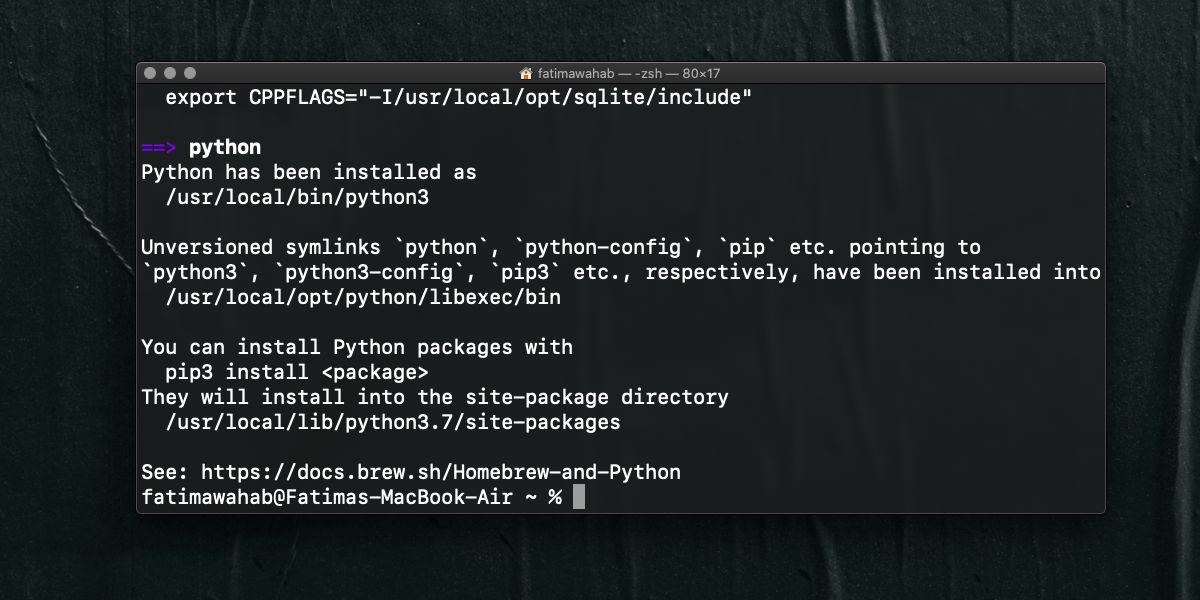

This routine returns the total number of database rows that have been modified, inserted, or deleted since the database connection was opened. This routine is a shortcut that creates an intermediate cursor object by calling the cursor method, then calls the cursor's executescript method with the parameters given. All the SQL statements should be separated by a semi colon ( ). It issues a COMMIT statement first, then executes the SQL script it gets as a parameter. This routine executes multiple SQL statements at once provided in the form of script. This routine is a shortcut that creates an intermediate cursor object by calling the cursor method, then calls the cursor.s executemany method with the parameters given. This routine executes an SQL command against all parameter sequences or mappings found in the sequence sql.Ĭonnection.executemany(sql) This routine is a shortcut of the above execute method provided by the cursor object and it creates an intermediate cursor object by calling the cursor method, then calls the cursor's execute method with the parameters given.Ĭursor.executemany(sql, seq_of_parameters) The sqlite3 module supports two kinds of placeholders: question marks and named placeholders (named style).įor example − cursor.execute("insert into people values (?, ?)", (who, age))Ĭonnection.execute(sql ) The SQL statement may be parameterized (i.


If supplied, this must be a custom cursor class that extends sqlite3.Cursor.Ĭursor.execute(sql ) This method accepts a single optional parameter cursorClass. This routine creates a cursor which will be used throughout of your database programming with Python. You can specify filename with the required path as well if you want to create a database anywhere else except in the current directory. If the given database name does not exist then this call will create the database. The default for the timeout parameter is 5.0 (five seconds). The timeout parameter specifies how long the connection should wait for the lock to go away until raising an exception. When a database is accessed by multiple connections, and one of the processes modifies the database, the SQLite database is locked until that transaction is committed. If database is opened successfully, it returns a connection object. You can use ":memory:" to open a database connection to a database that resides in RAM instead of on disk. This API opens a connection to the SQLite database file. If you are looking for a more sophisticated application, then you can look into Python sqlite3 module's official documentation.

Python sqlite3 module APIsįollowing are important sqlite3 module routines, which can suffice your requirement to work with SQLite database from your Python program. To use sqlite3 module, you must first create a connection object that represents the database and then optionally you can create a cursor object, which will help you in executing all the SQL statements. You do not need to install this module separately because it is shipped by default along with Python version 2.5.x onwards. It provides an SQL interface compliant with the DB-API 2.0 specification described by PEP 249. SQLite3 can be integrated with Python using sqlite3 module, which was written by Gerhard Haring.
#How to install sqlite with pip how to
In this chapter, you will learn how to use SQLite in Python programs.


 0 kommentar(er)
0 kommentar(er)
